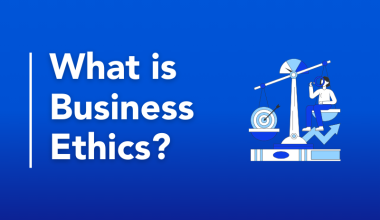The world of work has evolved greatly over the past decade, and there are now more options than ever before when it comes to finding employment. One of the biggest choices that job seekers face is whether to work for a startup or a large corporation. While both options have their pros and cons, there are several benefits to working for a startup that are worth considering.
One of the biggest benefits of working for a startup is the opportunity to be a part of something new and exciting. Startups are typically founded by passionate entrepreneurs who are looking to solve a problem or disrupt an industry, and being a part of that journey can be incredibly fulfilling. When you work for a startup, you are often given a lot of responsibility and autonomy, which can be empowering and motivating.
Potential for rapid career growth
Another benefit of working for a startup is the potential for rapid career growth. Because startups are often small and nimble, there are usually more opportunities to take on new responsibilities and learn new skills. This can be especially valuable for those who are early in their careers and looking to build a diverse skillset. Additionally, many startups offer equity or stock options as a part of their compensation packages, which can be a lucrative way to build wealth over time.
Casual and flexible work environment
Startups also tend to have a more casual and flexible work environment than large corporations. This can mean everything from casual dress codes to flexible work hours and the ability to work remotely. This flexibility can be a major perk for those who value work-life balance and the ability to structure their work around their personal lives.
Sense of purpose and impact.
In addition to these benefits, working for a startup can also offer a greater sense of purpose and impact. Because startups are often focused on solving a particular problem or addressing a specific need, employees can feel a sense of meaning and purpose in their work. This can be especially true for those who are passionate about social or environmental issues, as many startups are founded with a social mission in mind.
Startups can be risky
Of course, working for a startup isn’t without its challenges. Startups can be risky, and there is always a chance that the company will fail. Additionally, the fast-paced nature of startup work can be stressful, and there may be times when you are required to work long hours or take on more responsibility than you feel comfortable with. However, for those who are willing to take on the risks and challenges, working for a startup can be an incredibly rewarding experience.
On the other hand, working for a large corporation also has its benefits. Large corporations often offer greater job stability, more extensive benefits packages, and the opportunity to work with a wider range of people and resources. Additionally, the resources and infrastructure that come with a large corporation can make it easier to take on big projects and tackle complex challenges.
Ultimately, the decision of whether to work for a startup or a large corporation will depend on your individual priorities and career goals. If you value autonomy, rapid career growth, and a sense of purpose, a startup may be the right choice for you. On the other hand, if you value job stability, a wider range of benefits, and the opportunity to work with more resources, a large corporation may be a better fit.
No matter which path you choose, it’s important to remember that there is no one-size-fits-all approach to finding the right job. By considering your own priorities and doing your research on potential employers, you can find a career path that is both rewarding and fulfilling.






